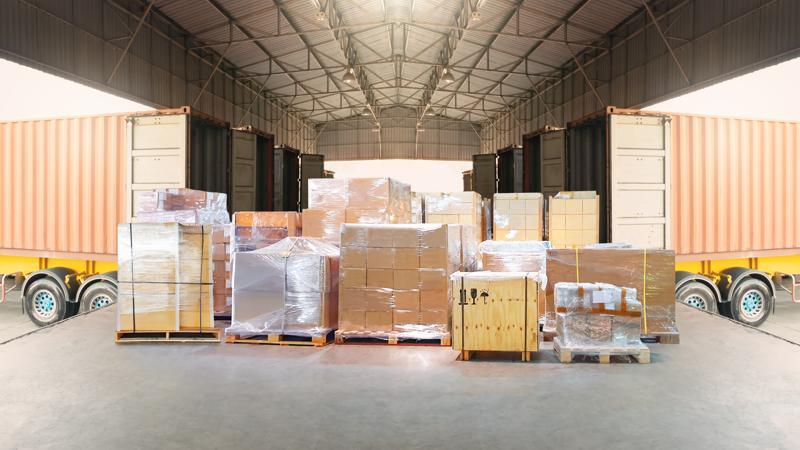Logistics Operations in Spain: A Comprehensive Overview
Learn about logistics operations in Spain, including key logistics hubs, technology trends, and top logistics companies providing reliable services across the country.
Logistics operations in Spain play a crucial role in the country’s economic and industrial sectors, facilitating the smooth movement of goods both domestically and internationally. As a key logistics hub for Europe and Latin America, Spain’s advanced infrastructure, growing market demand, and strategic location make it a prime area for the development of logistics services.
This article explores the logistics industry in Spain, including key aspects, benefits, and opportunities for businesses and individuals.

Spain’s Strategic Location for Logistics
Spain’s geographical position makes it an essential gateway between Europe, Africa, and the Americas. With major ports such as Algeciras and Barcelona, it offers easy access to the Mediterranean Sea, the Atlantic Ocean, and North African markets. The proximity to Portugal, France, and other EU countries makes Spain a critical point for international shipping and trade. The country’s high-speed rail network and extensive roadways further enhance its logistics infrastructure, making it an optimal location for global supply chains.
Growing Demand for Logistics Services in Spain
Over the past decade, the demand for logistics services in Spain has grown substantially. The e-commerce boom, especially during the COVID-19 pandemic, has increased the need for efficient supply chain management. Warehousing, distribution, and transportation services are essential in meeting the needs of businesses in industries such as manufacturing, retail, and technology. Companies offering last-mile delivery services and integrated logistics solutions have seen significant growth as businesses continue to adapt to new consumer behaviors.
Logistics Hubs and Infrastructure in Spain
Spain is home to several prominent logistics hubs that support the country’s growing need for storage and transportation. Madrid, Barcelona, and Valencia serve as key centers for distribution. With modern ports, airports, and rail networks, Spain offers businesses the opportunity to streamline their operations by tapping into a highly developed logistics network. Spain’s free trade zones (FTZs) in places like Barcelona, the Canary Islands, and Cádiz offer incentives for businesses looking to establish logistics and manufacturing facilities.
Technology in Logistics Operations
Technology plays a vital role in improving the efficiency and transparency of logistics operations in Spain. Many companies are implementing advanced systems such as warehouse management software (WMS), fleet management, and real-time tracking systems to ensure smooth operations. Automation and artificial intelligence (AI) are revolutionizing warehouse management and transportation, improving productivity and reducing human errors. Spanish companies that adopt cutting-edge technologies benefit from increased competitiveness in both local and global markets.
Sustainability and Green Logistics
Sustainability is becoming increasingly important in the logistics sector. In Spain, there is a growing trend toward green logistics practices aimed at reducing carbon emissions and promoting environmentally friendly transportation. Many logistics companies are adopting eco-friendly technologies such as electric vehicles, hybrid fleets, and energy-efficient warehousing. Government policies supporting renewable energy and carbon reduction are pushing the logistics industry toward more sustainable solutions.
In conclusion, Spain’s strategic location, robust infrastructure, and growing demand for logistics services make it a key player in global supply chains. With a focus on technological advancements and sustainability, Spain continues to evolve as a logistics hub that meets modern business needs. Companies that leverage Spain’s geographic advantages, efficient transportation networks, and commitment to green logistics are well-positioned for success in today’s increasingly connected and environmentally conscious marketplace.











